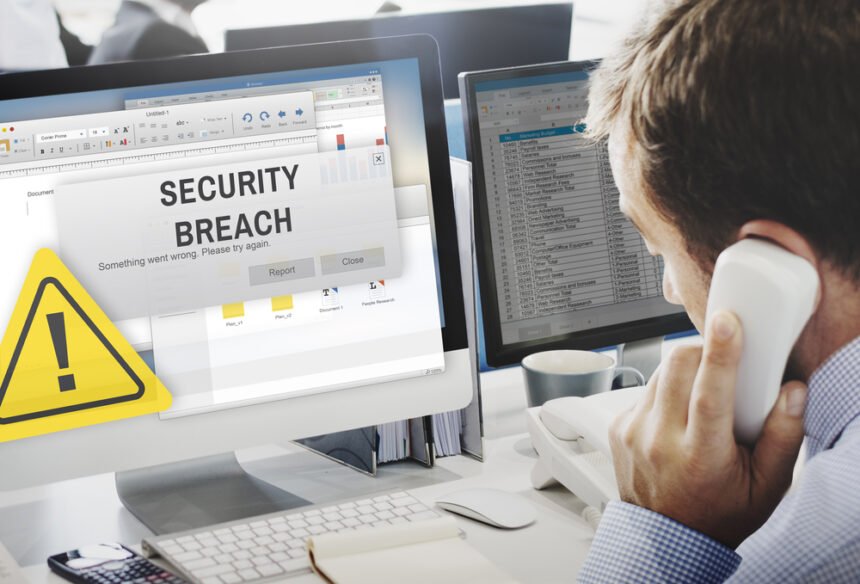Working from home has become the new norm for quite some months now, even for some healthcare employees. That is after the coronavirus pandemic hit the globe. An approved research indicates that only 5% of full time employees worked remotely before the crisis, an increase of 20%-30% is expected with the new normal.
Do you work for a healthcare company? You need to make sure that you protect the privacy of your patients and secure your provider’s online presence. This is more important than ever, as a growing number of healthcare employees are working from home. They might accidentally aid hackers, which can lead to expensive data breaches.
Working from home in the healthcare sector has its own share of challenges, with the main concern being cyber-attacks. According to Interpol, reported cases of phishing/scam/fraud (one among several cybercrimes) have risen to 59% in member countries.
That is enough proof that the crisis has facilitated a surge in cybercrimes. It, therefore, calls for stringent observance and deployment of online security to ensure that you’re working from home experience is secure. Cybersecurity is especially important in the healthcare sector, as Forbes reports.
So, how do you go about it? What are the measures of securing your online presence while making a living from home? These steps will help stop data breaches.
Separate Work and Personal Computers
Having a dedicated work computer is one way of facilitating online security. How? If you for example, have family members that use the same computer you are working with to carry out online activities, (browsing, torrenting, streaming, gaming, etc.) there is a chance your work will end up being compromised in one way or another. A child may for example open emails, click on links or ads with malicious codes therefore endangering and making your computer vulnerable to attacks.
Use a Firewall
The importance of using a firewall in a home network is not negotiable. There are always hackers looking to attack weak and vulnerable networks, and a firewall would prevent them from carrying out such attacks. A firewall will block viruses from accessing your computer, and also prevent any malicious network traffic from getting into your computer.
Use a Virtual Private Network
This one is helpful in several ways. One, it hides your online identity and physical location. It also makes it impossible for your ISP and hackers to know what you are up to. You can work safely with a VPN without fear of being compromised security wise. However, it all depends on the quality of your VPN. Here you can read how 3rd parties analyze private networks.
Invest in an Antivirus
And not just any antivirus, but a reputable one. Trusted online review sites can help you pick one. With an antivirus in place, you are able to scan corrupted files and software once threats are detected, enabling you to eliminate them just in time. An antivirus will also detect malicious emails, pop-up and advertisements and prevent you from opening them, therefore safeguarding your computer.
Backup Is Important
It doesn’t matter how much you invest trying to protect your computer, but don’t overlook the importance of backing up your work files and any other important data. You can use an external back-up device like hard drive, or opt for cloud storage. Whichever way, ensure that you have a backup plan because things can go from perfect to messed up very quick.
Make Cybersecurity a Priority While Working in Healthcare
Working from home is only safe if you make it safe. That said, do your part and avoid being a victim of online insecurity. Also remember that a single mistake that leads to cyber-attack can affect your entire organization as well.

